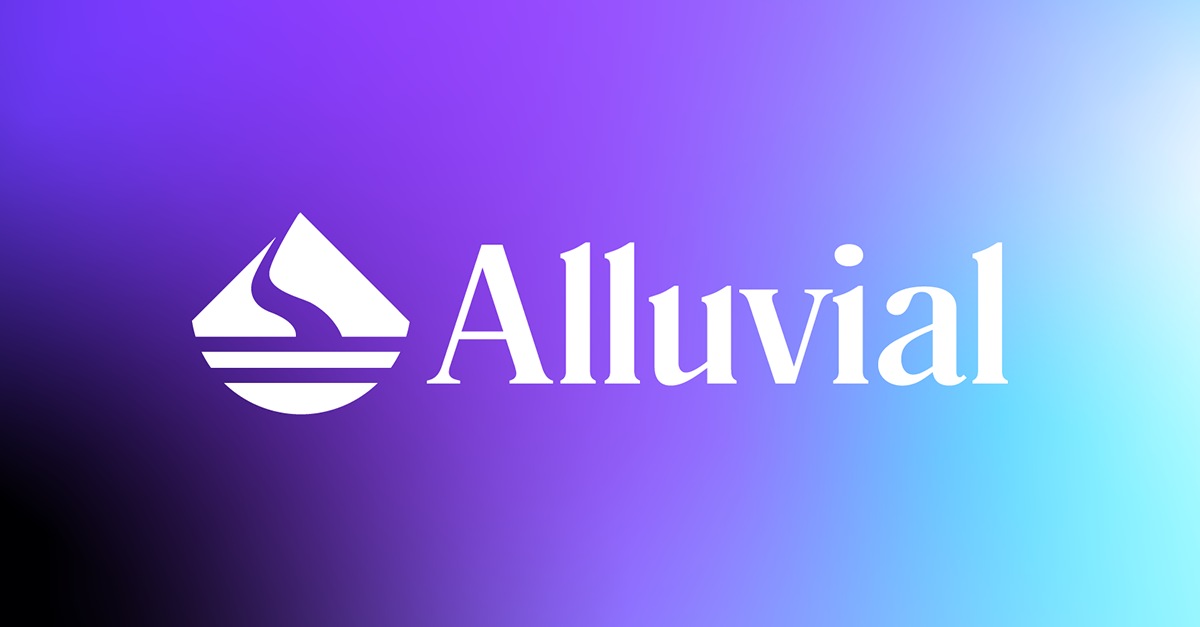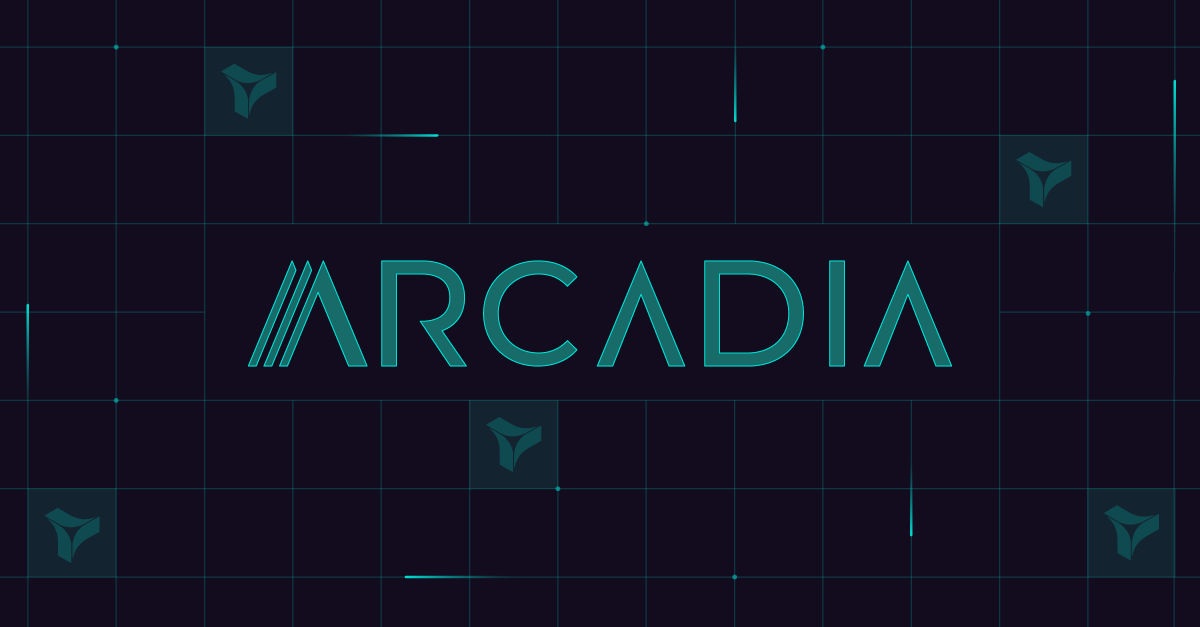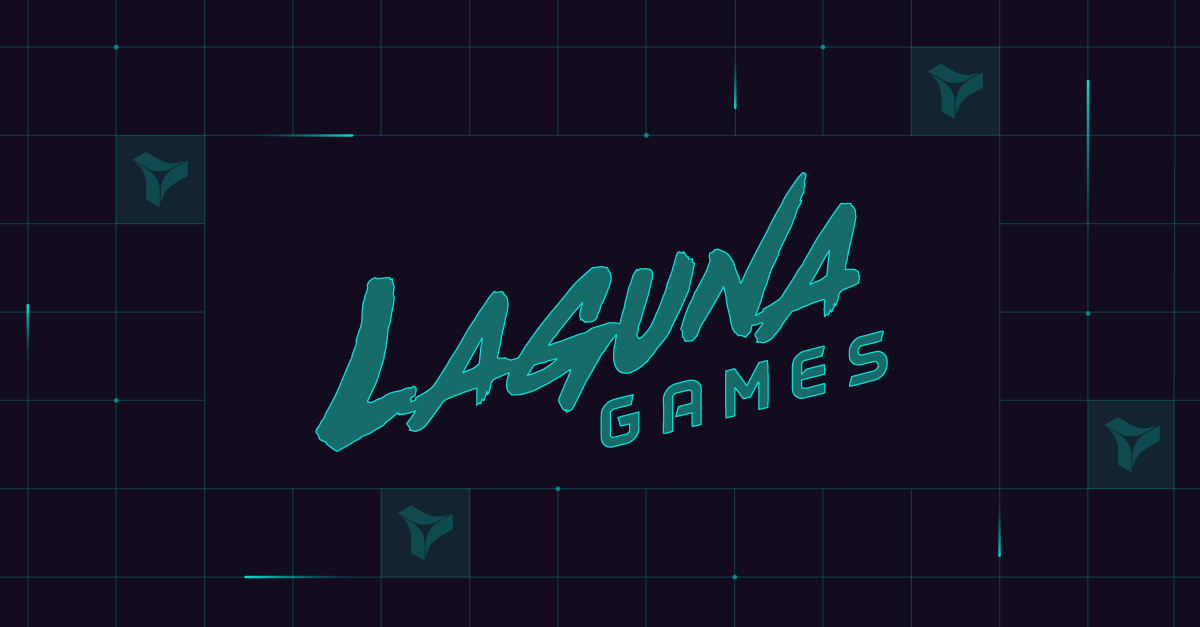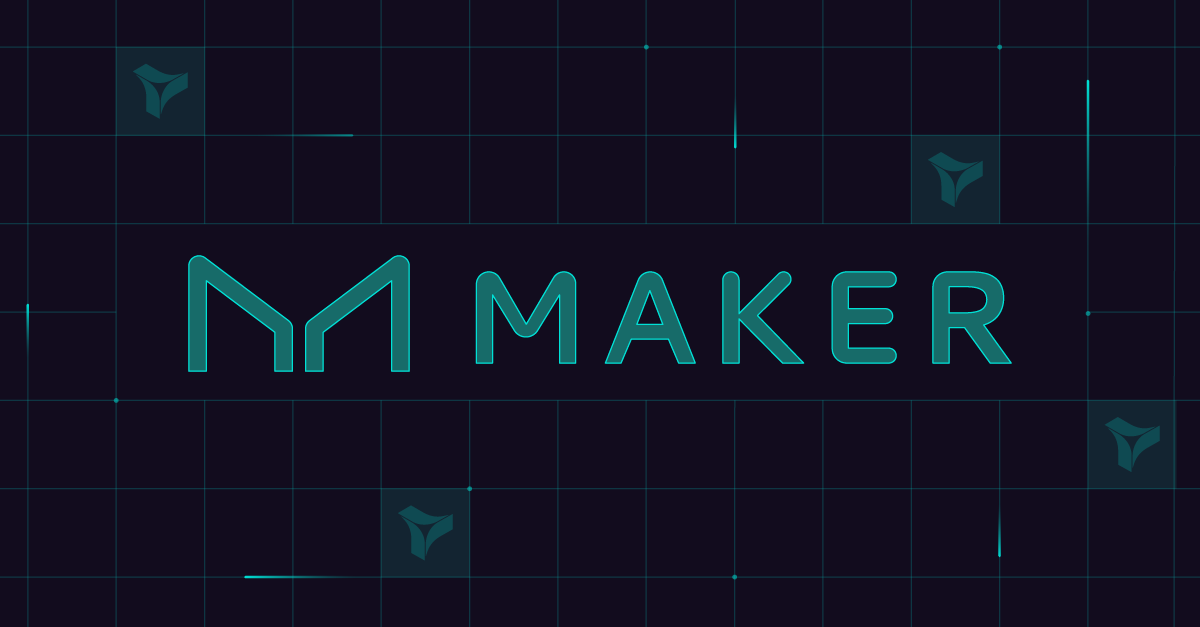How Tenderly Helps Alluvial Reduce Development Complexity and Enable Team Collaboration

Key challenges
- Limited insight into complex transaction execution
- Needed better visibility into protocol activity
- Facilitating cross-team collaboration regardless of the technical background
Key results
- Increased comfort, confidence, and trust in the product
- Increased security and improved ability to detect smart contract issues
- Greater transparency between developers and business
"Using Tenderly simulations to show my co-founders and partners that our administrative actions will execute properly changes the way you work with your team because it makes everyone comfortable.”
Nicolas Maurice
Co-Founder and CTO, Alluvial
Building a new standard in liquid staking
Alluvial protocol developers focus on supporting the development of Liquid Collective, a new liquid staking standard for blockchain enterprises and institutions. The Liquid Collective protocol consists of liquid staking contracts on different networks, including the Ethereum Mainnet and Gorli. It’s built and governed by a community of participants.
At the heart of the protocol lies the Liquid Collective oracle service. The oracle helps collect all staking rewards on the consensus layer and report them to the execution layer. The information gathered through the oracle allows the Liquid Collective protocol to programmatically update the conversion rate for its liquid staking receipt token (LsETH), which represents the staked ETH plus the network rewards it has accrued.
Looking for more than a transaction overview
The complexity of the Liquid Collective protocol requires Alluvial’s Web3 development team, and the other technical teams supporting the protocol’s development, to actively monitor and analyze its activity. However, the team initially had poor visibility into protocol activity. This impeded their ability to review and analyze transaction execution in detail. Consequently, Alluvial developers had a limited understanding of what happened in the Liquid Collective protocol, especially when issues occurred.
Tracking transaction information is also essential to the Alluvial team’s operations. They need a consistent and in-depth way to monitor and analyze oracle data. If any inconsistencies occur in the submitted reports, Alluvial engineers need to go through all the executed transactions to get an understanding of what happened.
Introducing greater visibility into protocol activity with Tenderly
The Alluvial development team started their search for a solution that would provide them with extensive information and context surrounding the Liquid Collective protocol. This search led them to the Tenderly platform where they found the in-depth tx data they needed along with highly responsive engineering support.
"We needed to get more information on the protocol and Tenderly is a very obvious choice for everything that it brings”, explains Nicolas Maurice, the co-founder and CTO at Alluvial.
Thanks to the extensive level of detail available in Tenderly Debugger, Alluvial developers and Liquid Collective’s other technical partners can now analyze transaction stack traces in a granular view.
“Deployment that we have is quite complex and advanced. With Tenderly, we’re able to review the execution of a transaction as it goes through a series of contracts, which is super important and helpful for us”, continues Maurice.
Now, Alluvial’s use of the Tenderly platform spans a diverse set of features. Contract verification on Tenderly allows them to work on Liquid Collective’s smart contracts without deploying them to an actual network. Alluvial developers can privately verify the smart contracts on the platform and then use Transaction Simulator and Tenderly Forks for testing and validation.
Protocol monitoring has also become much easier and streamlined thanks to Tenderly Alerting. Alluvial developers can set up a range of alerts to stay up to date with what’s going on in the protocol. From balance updates to specific transaction calls, Tenderly alerts notify the Alluvial team of any important on-chain changes. With real-time information, the team can review relevant events and act accordingly.
Removing blockchain complexity and enabling cross-team collaboration
Thanks to Tenderly’s Transaction Simulator and Forks, Alluvial engineers can now validate both administrative actions and contract upgrades prior to deployment. Running simulations on Tenderly Forks allows them to ensure everything executes as expected and detect possible issues early on.
Alluvial developers are also able to share test results across different teams, including non-technical stakeholders. Tenderly brings in-depth information and context around sending administrative transactions to the protocol. While sending these transactions can be a sensitive operation, Alluvial engineers can bring security and certainty to this process.
“Using Tenderly simulations to show my co-founders and partners that our administrative actions will execute properly changes the way you work with your team because it makes everyone comfortable”, says Maurice.
Finally, the Tenderly platform helped remove the manual work for Alluvial developers. Instead of having to deploy nodes and deal with the complexity of blockchain data, they can rely on Tenderly for the depth of information and the tools they need.
Getting value with Tenderly from the very start
“Tenderly as a platform is very complete with different features”, explains Maurice.
It provides Alluvial developers with tools that enable them to better understand what’s actually happening in the protocol.
In the next phase, Alluvial engineers plan to integrate Forks into their development and testing framework. Using API, they can integrate Tenderly Forks as a testing environment. This will allow them to automate their development and testing with a fully integrated Mainnet replica.
As for Tenderly newcomers, Maurice further explains:
“Something that I find interesting about the platform is that you get value as soon as you start using it. And as you mature on the platform and start using other features, then you get to increase the value you get from Tenderly.”


